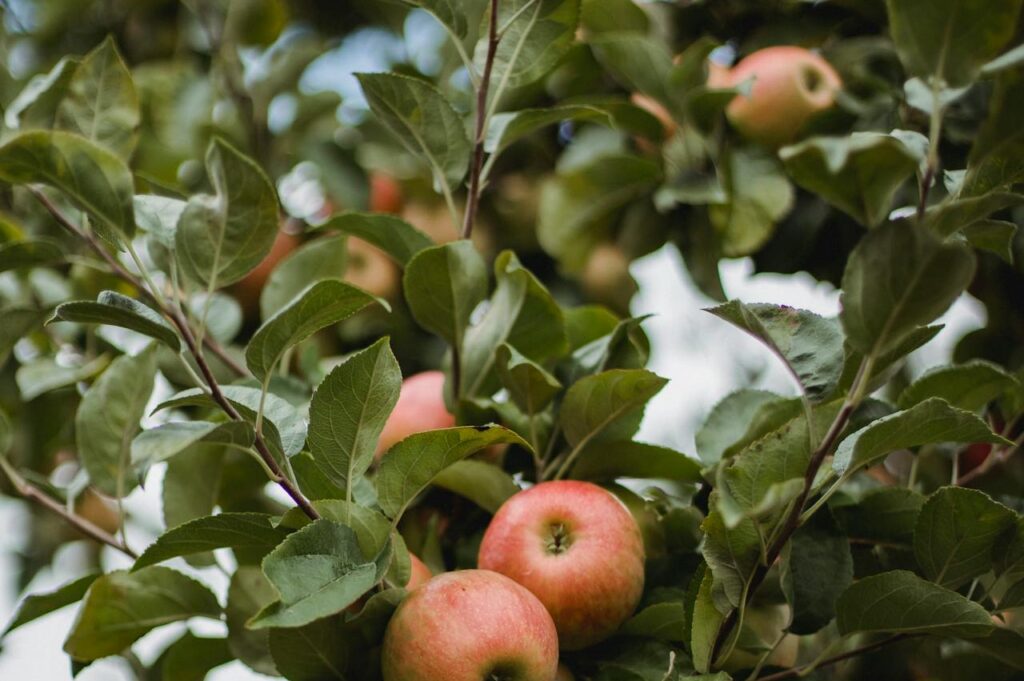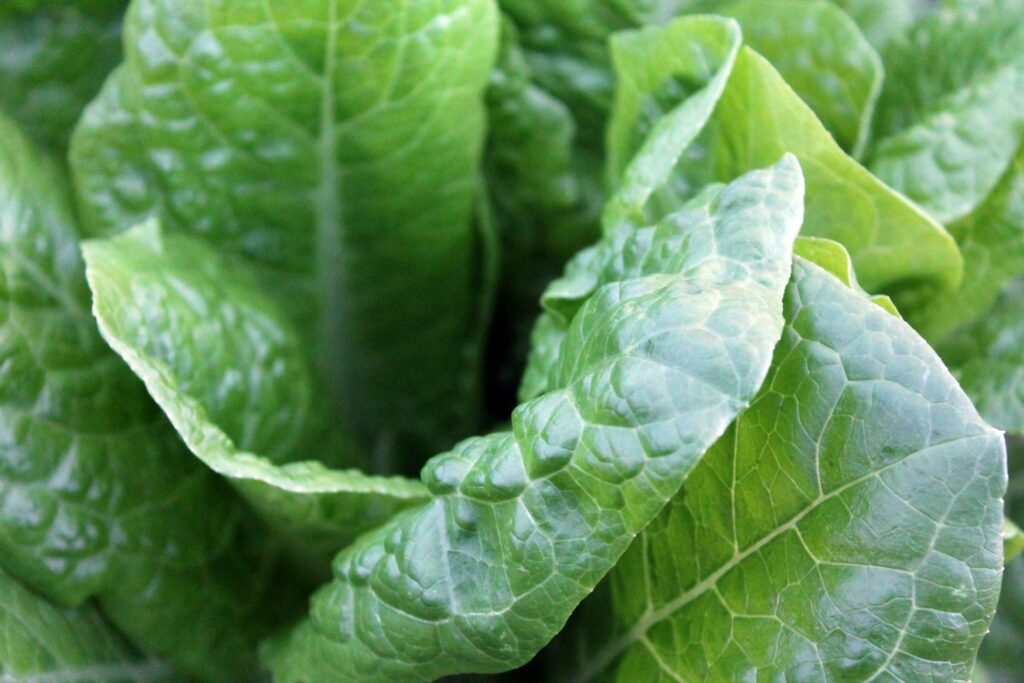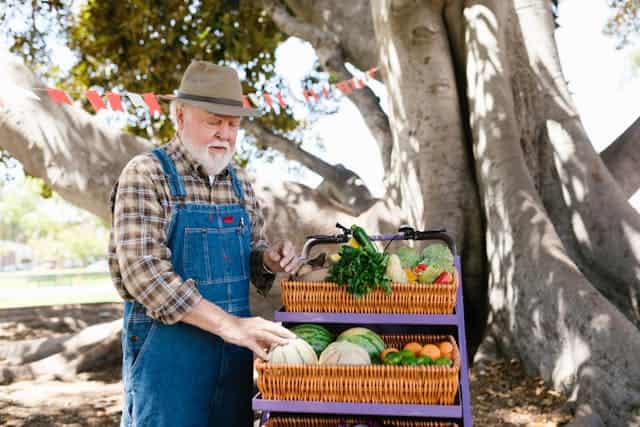Organic foods continue to be the subject of several common misconceptions, despite their many advantages. Organic foods have gained popularity in recent years due to growing concerns about health, environmental sustainability, and ethical farming practices. Nevertheless, along with their rise in popularity, several misconceptions about organic foods have emerged. Let’s explore some of the most prevalent ones:
1. Organic Foods Are Just Too Costly
The idea that organic foods are unaffordable is one of the most prevalent ones. Among the most widespread is the notion that organic food is expensive. While it’s undeniable that some organic products may cost extra, there are still affordable options.
Reasonably priced organic produce can be purchased at local marketplaces, community-supported agriculture (CSA) programs, and some grocery stores. Additionally, consider the lasting health benefits of consuming organic foods, which can easily offset the upfront cost.
2. Organic foods have less flavor
There is also a misperception that organic foods are less flavorful than conventional ones. Actually, food that is organic usually tastes more pronounced and natural. Since no artificial ingredients are used in their production, the flavors are unrestricted for optimum development. Again, organic foods have been found to be more nutritious.
It’s common knowledge that the vibrant colors, crisp edges, and delectable tastes of organic fruits and vegetables can enhance any cuisine.
3. Getting Organic Foods Is Tough
Over time, getting organic products has become easier and easier. There are now specific organic sections in a number of mainstream supermarkets, in addition to niche organic retailers. Numerous organic products are available for delivery straight to your home via online purchasing sites.
Organic foods are simple to integrate into your regular shopping regimen if you’re willing to carry out a little study and consider your selections.
4. Organic Agriculture Is Not as Efficient
Another misunderstanding is that organic farming produces fewer crops and is less effective. Research has shown that, even though organic farming methods may require more effort and time, organic farms might be just as productive as conventional ones.
Prioritizing soil health and biodiversity promotes long-lasting sustainability as well as the ability to adapt to environmental issues.
5. Organic Foods Are Just a Marketing Stunt
Again, there are others who think that organic food is just a publicity stunt. It is imperative to realize that the processes involved in obtaining an organic certification have tight rules and specifications.
Regular testing and inspections are conducted on organically grown farms and commodities to ensure compliance with these regulations. Customers can make informed selections because of the clarity and credibility that the organic label provides.
6. The world cannot be fed by organic farming
The idea that organic farming can’t provide enough food to support the world’s expanding population is a prevalent one. Nevertheless, several studies have shown that organic farming can produce yields comparable to conventional farming, especially over time.

A farmer looking at his crops
According to a meta-analysis published in the journal Nature Plants, organic outputs were found to be just marginally below conventional outputs, with the disparity becoming less noticeable with time.
Additionally, given the threat of environmental degradation along with climate change, organic farming promotes more ecologically friendly agricultural practices, such as the conservation of soil and biodiversity, which are crucial for ensuring food security.
By dispelling these misconceptions, we are able to understand that eating organic food is a practical and sustainable choice with many advantages for our overall well-being.
As a result, we can promote an informed and candid conversation about organic food. Approaching the subject with an open mind and a desire to learn about the subtleties, advantages, and effects of organic farming on both public health and the environment is crucial.
Conclusion
As the demand for organic foods continues to grow, it’s essential to separate fact from fiction when it comes to understanding organic agriculture and its products. While organic foods offer various benefits, they are not without their misconceptions. By debunking common myths surrounding organic foods, consumers can make informed decisions about their food choices, support sustainable agriculture, and promote overall health and well-being.
What are some of the misconceptions you’ve heard about organic foods? Share with us below.



Pingback: The Organic Food Market: A Statistical Analysis of Market Growth Over the Last Decade - Organic Solace
Pingback: TOP 10 ORGANIC FOODS FOR A HEALTHIER LIFESTYLE
Pingback: 5 MAJOR IMPACTS OF ORGANIC FARMING ON THE ENVIRONMENT
Pingback: THE POTENTIAL OF ORGANIC FOODS FOR BETTER HEALTH